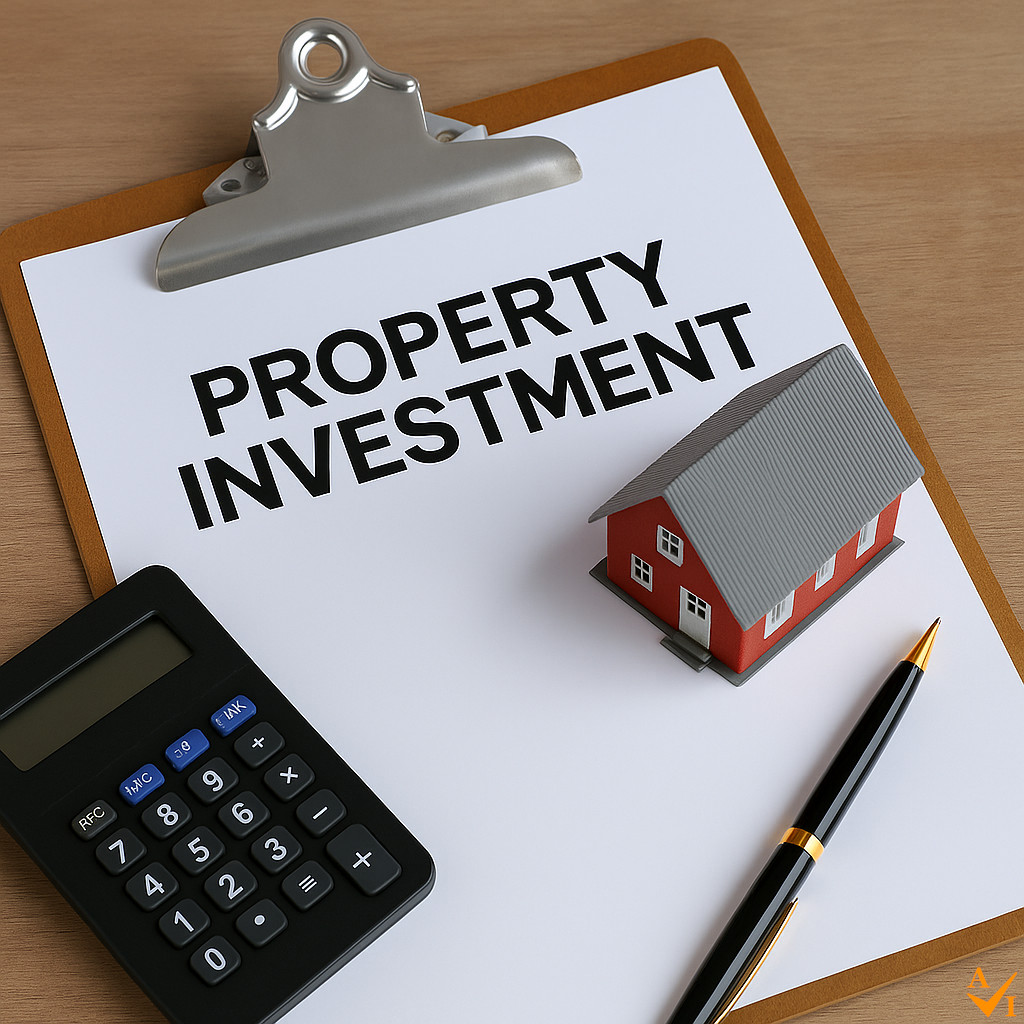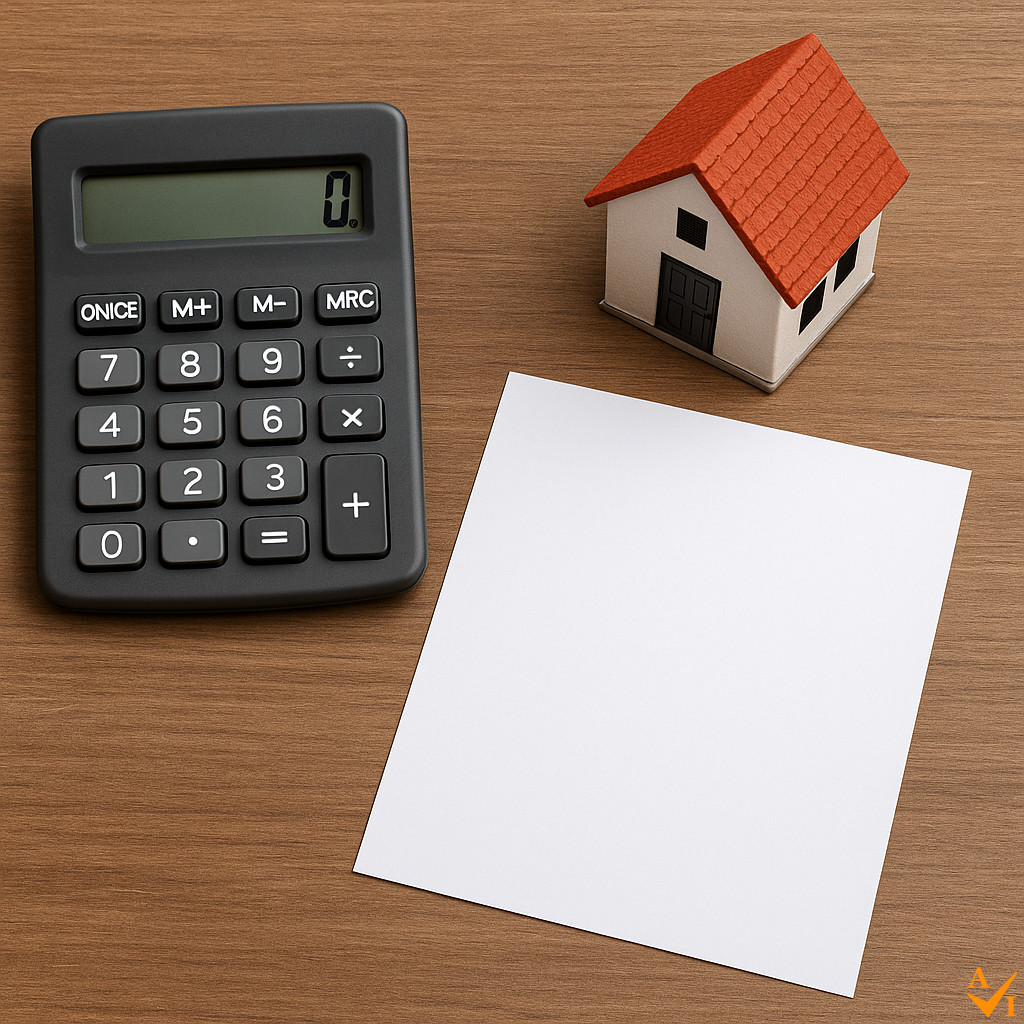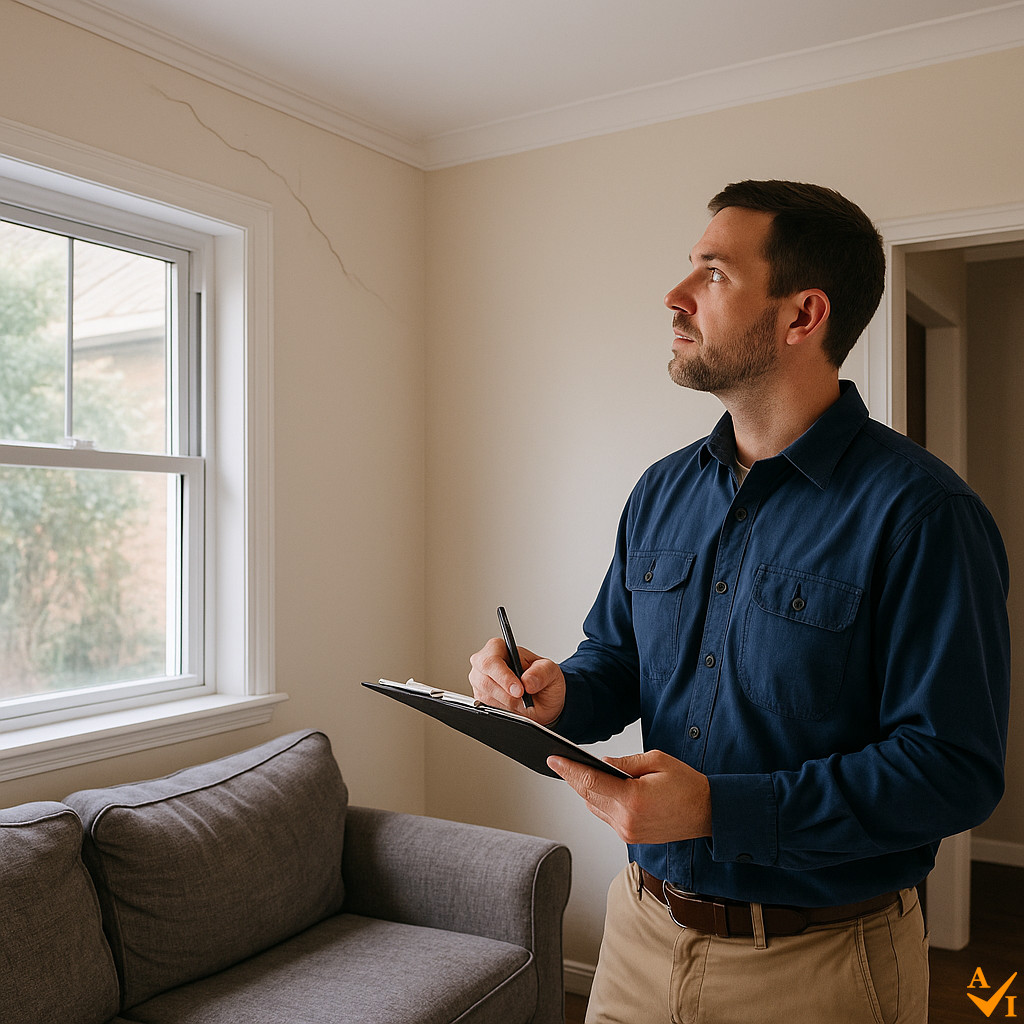
For many homebuyers, especially families, the quality of nearby schools is a top priority that greatly influences their decision-making process. A home is not merely a residence; it’s where life unfolds and where children spend formative years. The impact of school districts on buying a home cannot be overstated. Here’s how the proximity and quality of schools can shape your home buying journey.
School Quality and Property Values: Homes in areas with highly rated schools often command higher property values. These schools attract parents prioritising educational opportunities, leading to increased demand and higher home prices.
Long-Term Investment Consideration: Even without school-aged children, buying in a good school district is a wise investment. These areas’ desirability remains stable, protecting your investment and potentially yielding higher returns.
Resale Value and Marketability: Homes in good school districts may sell more easily. The appeal of quality education attracts a wider pool of buyers, often resulting in quicker sales and better offers.
Community Engagement and Amenities: Top school districts often feature vibrant communities and enhanced amenities, including parks, recreational facilities, and community events, contributing to a higher quality of life.
Commute and Convenience: Consider school proximity from potential homes. A shorter school commute saves time and offers convenience, crucial for busy families.
Research is Key: Thoroughly research potential new area schools. Examine academic performance, extracurricular offerings, teacher-to-student ratios, and special programs relevant to your family’s needs.
Consider Future Needs: Even if schools aren’t a priority now, they might be in the future. Buying in a good school district provides options as your family grows and evolves.
In conclusion, the quality and proximity of schools should be a key consideration in your home buying decision. They impact daily life and have significant implications for property values, community dynamics, and long-term investment potential. Remember, a home is more than just a building; it’s a gateway to the community and opportunities that surround it.


















